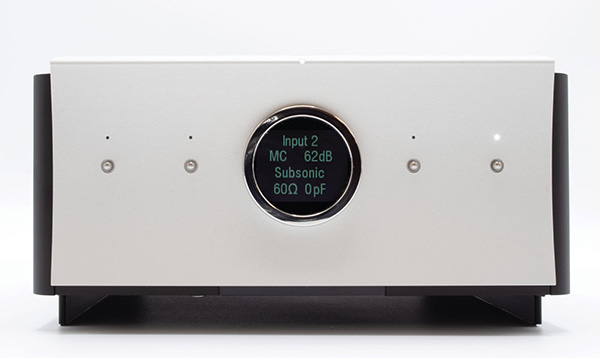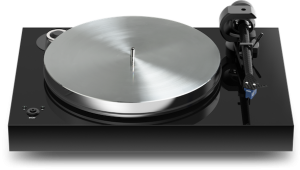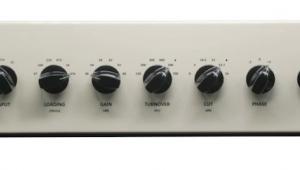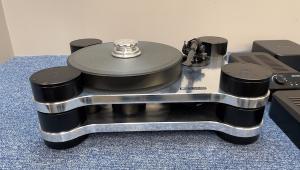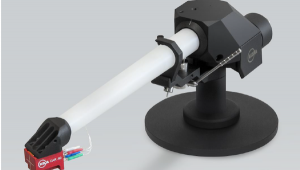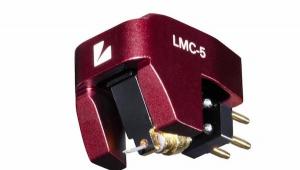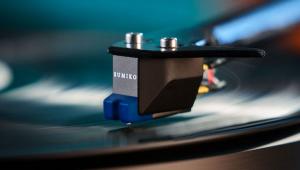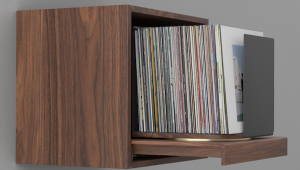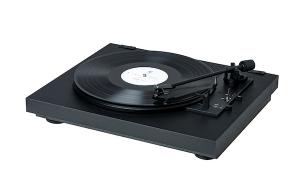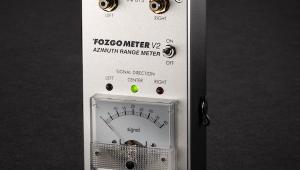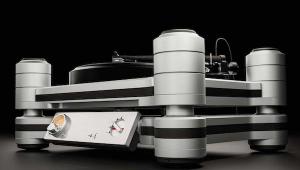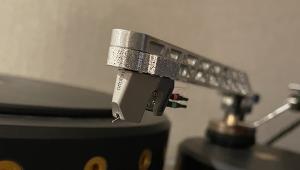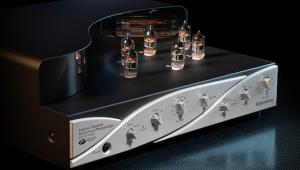Mola Mola Lupe Phono Preamp
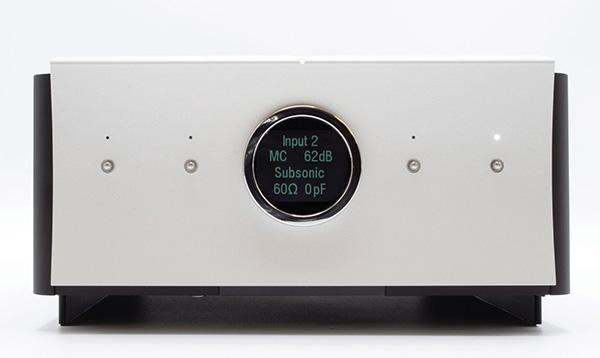
A Dutch company, Mola Mola was known in the formative mid-2010s for their preamp, power amp, and integrated amp predilections — plus some DAC work as well — and now they’re doubling down on branching out even further into the analog realm with the Lupe phono preamp.
Mola Mola is also well-known for naming their products after fish, and the Lupe happens to be a Hawaiian name for the broad stingray. (Yes, I had to look that up.) According to the manufacturer, the Lupe is the standalone version of “our well-known archival-grade phono stage” that was originally crafted for their pre-existing Makua preamp, and also later made available within the Kula integrated amp.
The RIAA network basics have been retained with the Lupe (i.e., 44 legacy/pre-RIAA EQ curves, no waiting), and Mola Mola further notes that the four collective MM and MC input stages are fully independent and have been “optimized for current noise and voltage noise, respectively.” More specifically, inputs 1, 3, and 4 are pre-configured for MM carts with a gain of 45dB and a load resistance of 47kΩ and capacitance loading of 100pF, while input 2 is pre-configured for MC carts with a gain of 52dB, a load resistance of 250Ω, and no capacitance loading. User-adjustable input gain for both MM/MC options occurs in 5dB steps.
The Lupe can be configured to route any of those four inputs through the phono stage, which, adds Mola Mola, “allows you to have multiple turntables and/or cartridges connected.”
The Lupe’s display shows all the selected inputs and other related phono stage setting details. The display also shows if the mono switch or subsonic filter is engaged, and, 15 minutes after the last change on the display, it will turn off. The display will turn on again when any adjustments are made.
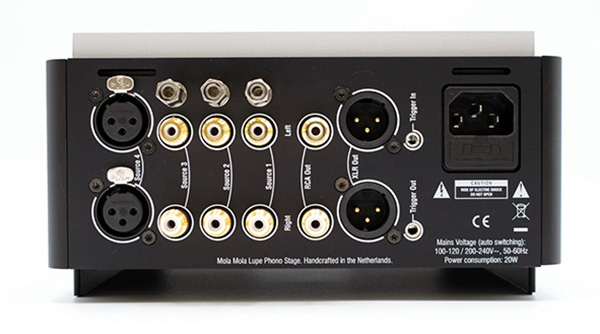
Around back, the Lupe sports one pair of balanced XLR inputs and three pairs of unbalanced phono inputs, in addition to one pair of RCA and XLR outputs each. Additionally, you’ll find three separate grounding terminals, and a trigger input (3-15V, AC or DC) and output (12V DC) via 3.5mm jack sockets.
As per Mola Mola’s company directive, all settings for the Lupe are software controllable via Bluetooth, either by accessing the Mola Mola Remote app on a smartphone or tablet, or by what’s directly stored under the preset buttons. Although these settings are digitally controlled, Mola Mola stresses that “all switching is done in the analog domain.”
Other specs for the Lupe include MC input noise as 0.35nV/rtHz, MM input noise as 0.9pA/rtHz, sensitivity as variable from 30uV to 5mV, RIAA conformance as ±0.1dB, power consumption as 25W, dimensions as 200 x 110 x 320mm (w/h/d), and weight as 5.1kg.
Finally, the SRP for the Mola Mola Lupe phono preamp is £7299.
For more about Mola Mola, go here.
To find an authorized Mola Mola dealer, go here.
